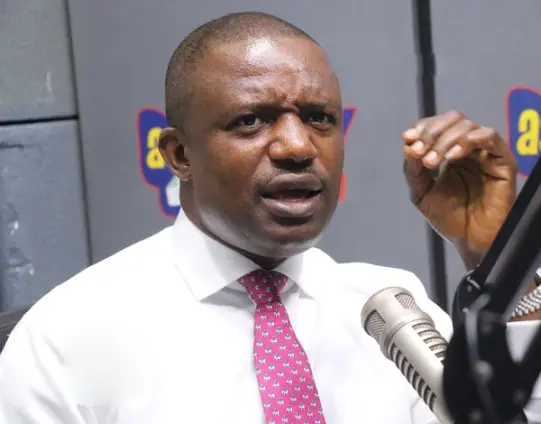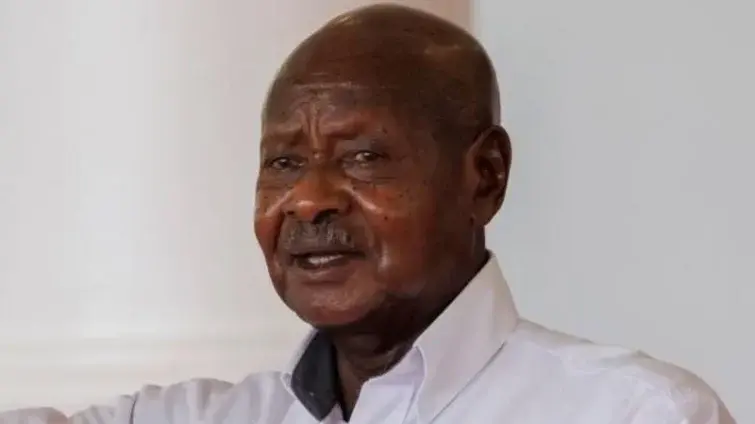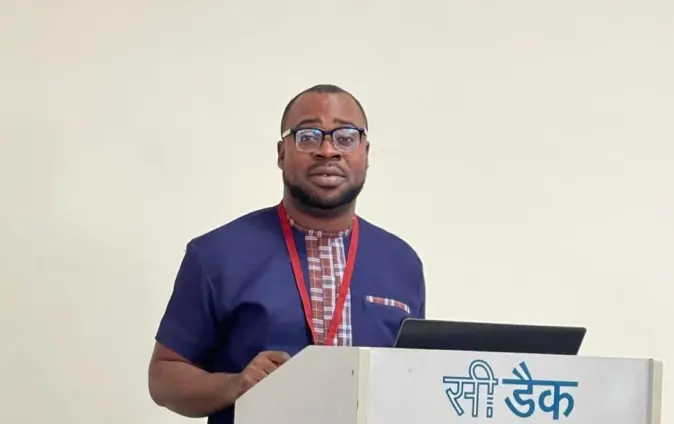Across the African continent, a staggering wealth of resources sits juxtaposed against persistent poverty and instability. Is the key to unlocking Africa’s vast potential a radical reimagining of its borders and governance? For decades, visionary leaders like Kwame Nkrumah, Thomas Sankara, Muammar Gaddafi, and Patrice Lumumba have championed the idea of a unified Africa. This article revisits the concept of a “United States of Africa,” exploring its necessity for the continent’s future and the obstacles, both internal and external, that stand in its way. The dream of a United States of Africa, a concept once relegated to utopian ideals, is now more relevant than ever.
The legacy of colonialism continues to cast a long shadow over the continent. While overt political control may have receded, its influence persists in more subtle, yet equally damaging, forms. As Frantz Fanon wrote, “Imperialism leaves behind germs of rot which we must clinically detect and remove from our land and from our minds.” This neocolonialism manifests in economic dependence, cultural alienation, and the perpetuation of artificial borders.
The arbitrary lines drawn during the Berlin Conference continue to fuel conflict and hinder integration. These divisions, imposed without regard for existing ethnic or cultural boundaries, have created fractured states vulnerable to internal strife and external manipulation. Furthermore, Western powers, often through multinational corporations and trade agreements, continue to exploit Africa’s vast wealth, perpetuating a cycle of economic dependence.
Africa’s abundance of natural resources, from gold and diamonds to cobalt and oil, should be a source of prosperity. Instead, it has become a “resource curse,” enriching foreign nations while leaving many Africans impoverished. As Walter Rodney observed, “The question is not whether Africa is poor, but why Africa is poor despite her riches.” The global monetary system, heavily reliant on African resources, often operates on exploitative terms, further exacerbating this paradox.
The illusion of foreign aid often masks a more complex reality. Far from being a purely benevolent act, aid is frequently used as a strategic tool to maintain influence and control. As Yoweri Museveni has noted, “Aid is like a drug…” It creates dependency, hindering true self-determination. Reports, such as those from Health Poverty Action, highlight the stark reality: Africa loses significantly more in illicit financial flows than it receives in aid, further undermining its sovereignty.
The fragmentation of Africa, exemplified by its divided borders, stands in stark contrast to the open borders and integrated economies of regions like the European Union. These divisions hinder trade, limit mobility, and create barriers to communication. Moreover, the lack of a unified media infrastructure leaves Africa vulnerable to external narratives and misinformation, further undermining its ability to chart its own course.
The history of Pan-Africanism is also marred by the silencing of visionary leaders who dared to challenge the status quo. The assassinations or overthrows of figures like Nkrumah, Sankara, Gaddafi, and Lumumba were not isolated incidents, but rather deliberate attempts to suppress a movement that threatened entrenched interests. These leaders understood that African unity was not merely an idealistic aspiration, but a strategic imperative. Muammar Gaddafi’s words resonate with urgency: “The black race shall prevail throughout the world if Africa unites.” The fear of a United States of Africa, capable of asserting its sovereignty and controlling its own destiny, motivated these actions.
### The Path to Unity
Reclaiming sovereignty through unity requires a multifaceted approach. This includes dismantling artificial borders, establishing a Pan-African currency to facilitate trade and economic stability, creating a continental communication infrastructure to counter misinformation, implementing education and mindset revolution to foster a shared identity, and promoting institutional reform and leadership accountability to ensure good governance. These key steps are essential for building a strong, unified, and independent Africa. A United States of Africa can establish its own currency and trade agreements.
In conclusion, the idea of a United States of Africa is not a utopian dream, but a practical necessity for the continent’s future. By reclaiming its sovereignty, fostering unity, and harnessing its vast potential, Africa can overcome the challenges of the past and build a brighter future for generations to come. As Thomas Sankara so eloquently stated, “We must dare to invent the future.”
Image Source: MYJOYONLINE






















